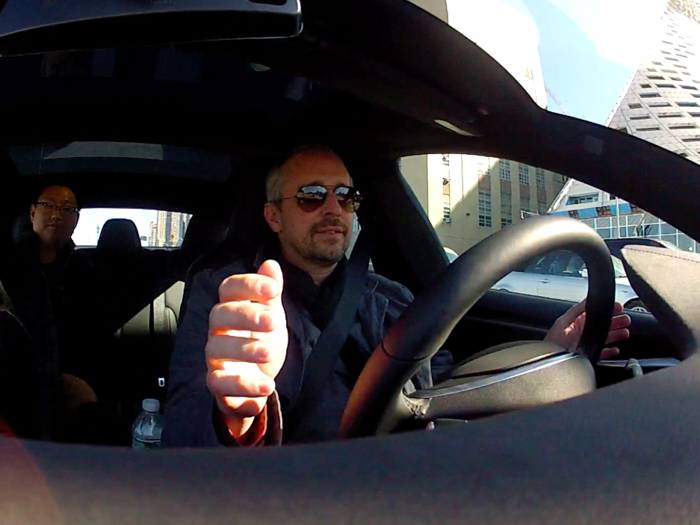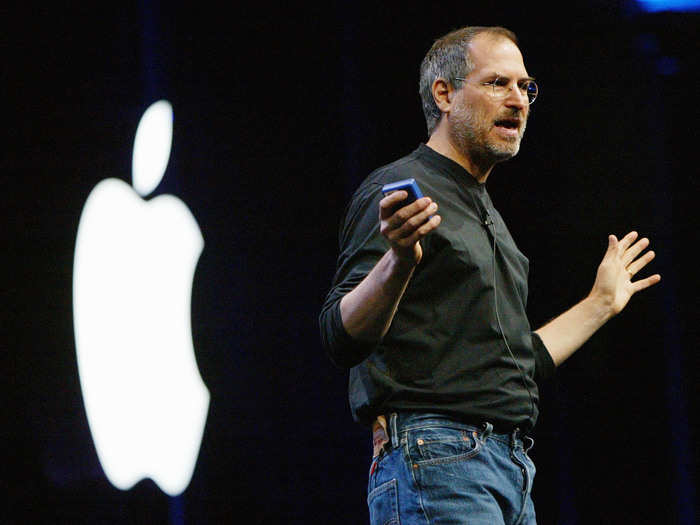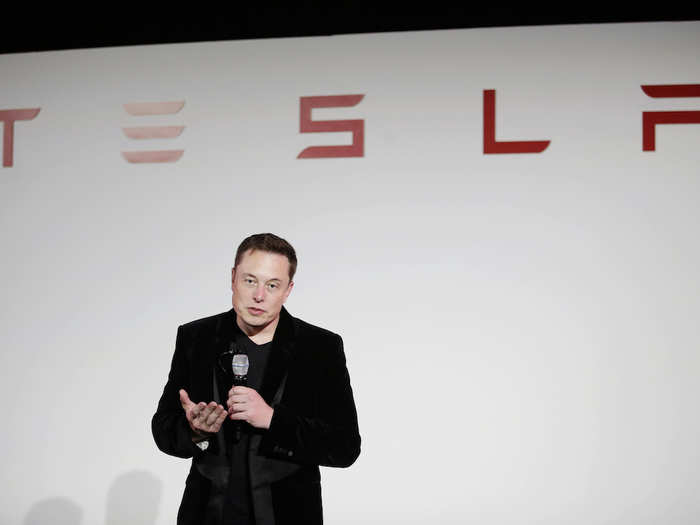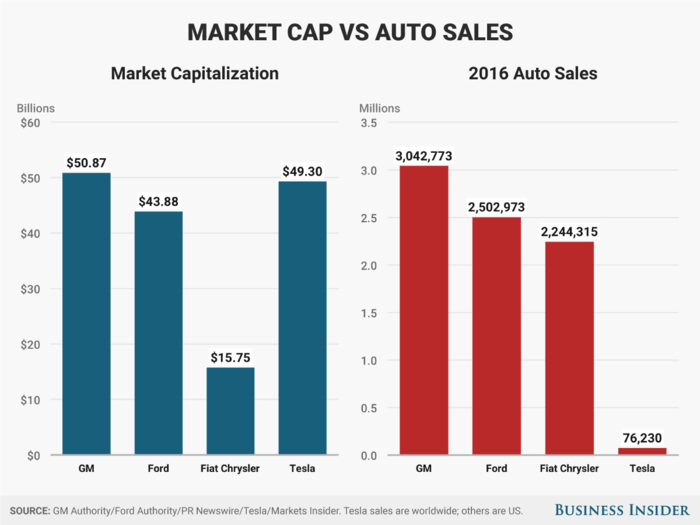- Home
- slideshows
- miscellaneous
- Tesla supporters are making 5 crucial mistakes
Tesla supporters are making 5 crucial mistakes
The electric-vehicle market will see massive growth in the next decade, and Tesla will dominate.

Teslas will be able to drive themselves.

Maybe someday. But not any day soon. The first highly automated vehicles are just beginning to appear, operated by Waymo and GM's Cruise unit. This is an extremely high-cost undertaking that GM President Dan Ammann has called the biggest engineering challenge of our generation.
Tesla's vehicles have the hardware and software to provide what experts call "Level 2" autonomy. The Autopilot system is extremely good. Cadillac Super Cruise — also a Level 2 system — is better at hands-free highway driving, but Tesla's Autopilot can handle most other situations a bit better.
That's not good enough for some Tesla boosters, who grasp that although Tesla has for over a decade been famous as an electric-car company, self-driving doesn't require electric propulsion. There are good reasons to use electric batteries and motors for autonomous vehicles, but they aren't dealbreakers.
Autonomy has captured the tech world's imagination, and so a hard pivot has been made in that direction. If you don't attach full autonomy to the Tesla story, well, then Tesla could become just another electric-car company among many manufacturers, slogging it out for market share while Waymo and Cruise capture all the new, rapid, lucrative self-driving growth.
Can't have that. So Teslas must drive themselves. Even if it's currently unlikely they will.
Tesla is the next Apple.

The analogy-or-bust crowd loves this one. Apple had a charismatic oddball as a leader — and so does Tesla! Apple almost went bankrupt before a gargantuan resurgence — and so did Tesla! Apple links hardware and software in a gorgeously designed and cultishly valued ecosystem — and so does Tesla!
I could go on, but you get the point.
The core concept here is that Tesla is making the automobile into a software platform, just as Apple made the iPhone into one. This implies the software-driven hypervalue creation that Silicon Valley prizes.
True, iPhones aren't cheap. But even if you pay $1,000 for one and don't have it subsidized through your wireless carrier, you can own it more or less free an clear in a year or two. At which point it has depreciated a terrifying amount. Apple iPhones are worth essentially nothing in a very short period of time. They don't even make attractive paperweights.
Luckily for Apple, iPhone owners tend to commit to lifetime participation in the device, upgrading to new ones at regular intervals.
This can be compared to what people do when they lease cars. But it gets tricky when you look at car ownership. Cars and houses are the two things that people are willing to go into pretty significant debt to buy. For houses, you usually wind up with an appreciating asset. For cars, you don't.
Folks are willing to borrow quite large amounts of money to buy Teslas. Over time, if you're shelling out $1,000 a month for your vehicle, you expect it to do what it's supposed to do. An iPhone, by contrast, can be a less-good hunk of hardware than an Android device and still win because it's part of Apple's ecosystem. It can be good enough.
Tesla has kind of gotten away with being incredibly good at some stuff and not very good at all at other stuff. And the most part, its vehicles have been superb. But they need to remain stupendous, especially at lower price point, if Tesla is to prosper.
Elon Musk can run Tesla like he's a one-man army.

Musk has been able to move the needle through a huge investment of personal time and energy. I don't think he enjoys what he's termed "production hell," but there's no question he's good at it!
This can't hold up for much longer.
Tesla could be operating two large car factories 2021 or 2022, on different continents. Newer plants could be making vehicles and batteries. If demands increases, more factories will be needed.
Musk won't be able to operate a company at that scale; he'll barely be able to serve as its top strategist. The incredibly messy Model 3 rollout might have convinced Tesla enthusiasts that no matter what goes wrong, Elon can fix it, but those days days are coming to an end. Mercifully.
Tesla could still fail.

The company is in better shape going into 2019 than it ever has been. But that doesn't mean it won't fail.
The biggest challenge is in fact out of Tesla's control. The US and Chinese auto markets have been booming for years, creating a margin in which expensive or experimental electric-vehicles could gain a foothold.
The auto markets are cyclical, however, and there are signs that both the US and China are entering a slowdown.
A minor erosion of demand probably won't hit Tesla hard, because the company's vehicles are priced relatively high. That doesn't make them recession-proof, but it does insulate them from smaller economic shocks, as richer customers can brush off brief downturns.
A tougher recession — one that curtails credit, undermines Tesla's access to capital markets, and prevents people from buying new and even used cars — would slow or halt Tesla growth. Established automakers can plan for such downturns, and they've ridden them out before. Tesla never has.
What been most troubling about the company's struggles since around 2014 is that they've happened when all the factors that drive an auto-sales boom have been in high gear and the industry has been raking in money and larding balance sheets with cash. That hasn't damaged Tesla yet — but it still could.
Popular Right Now
Popular Keywords
Advertisement